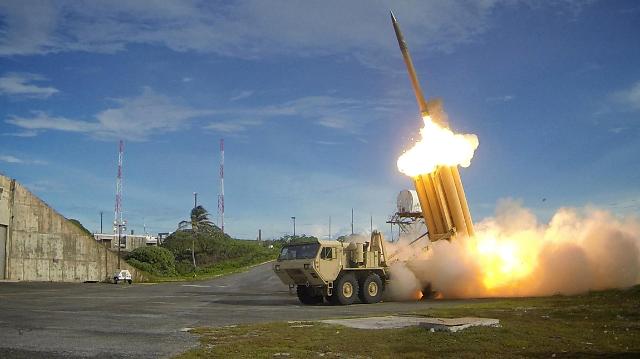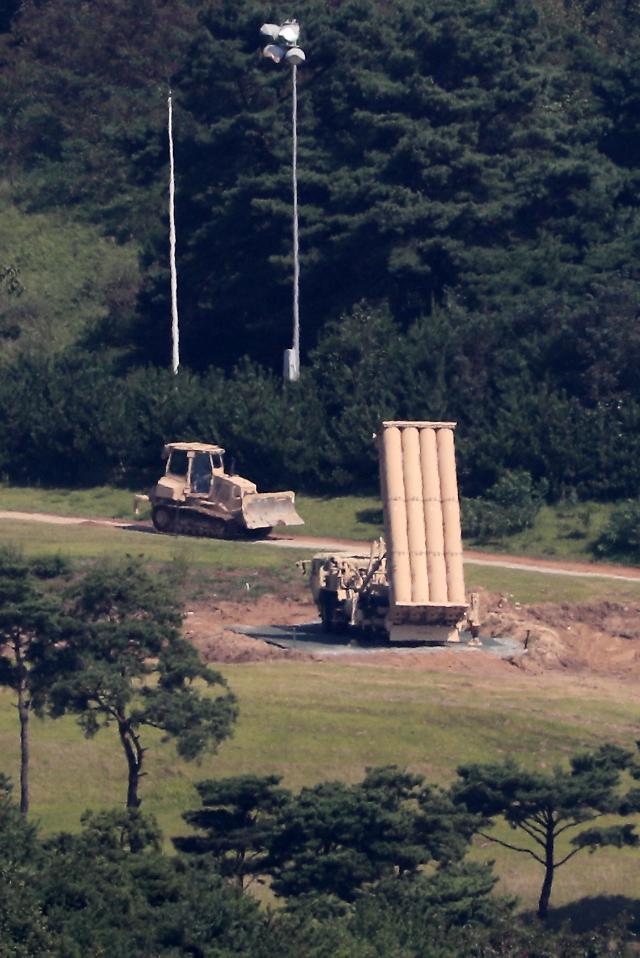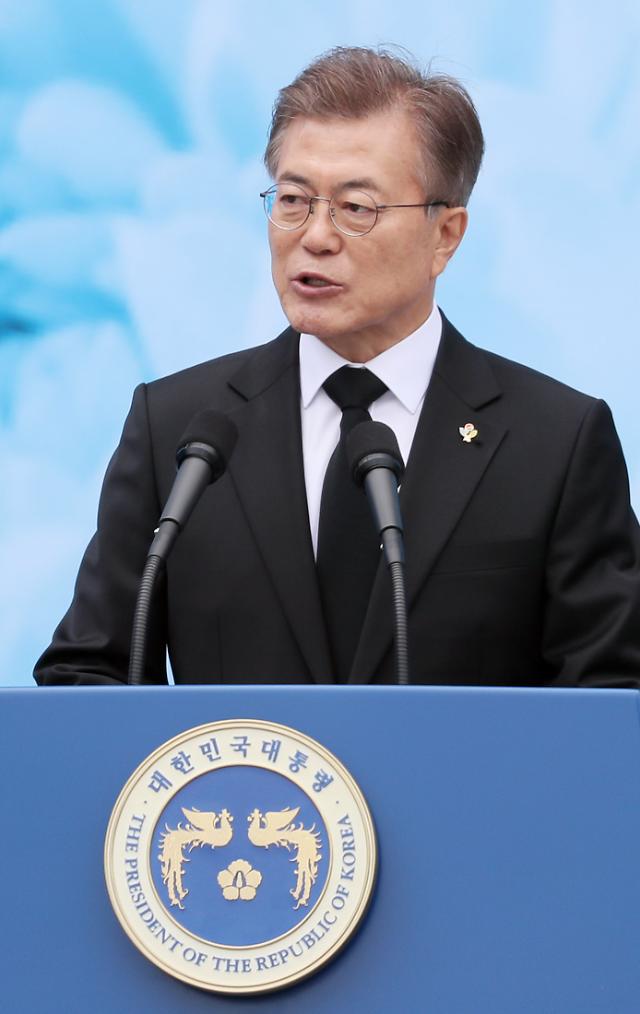
Actor Song Joong-ki is shown in a scene captured from hit drama "Descendants of the Sun". [Courtesy of KBS]
Chinese media platform companies are under stringent pressure and guidelines from state regulators to ban the distribution of all K-pop contents in retaliation for the planned deployment of an advanced US missile shield in South Korea.
The ban was not included in a written order, but the General Administration of Press and Publication (GAPP) issued irresistible oral guidelines at a meeting of media platform operators on November 29.
"The way of speaking was very strict, and companies took it very seriously," an insider told Aju News, adding GAPP imposed a complete ban on all businesses related to South Korean media contents including online broadcasts and acquiring contents licenses.
Under strengthened state censorship targeting South Korea, Chinese TV stations have already restricted commercial ads and programs showing K-pop stars and artists
However, the new guidelines from GAPP, which administers newspapers, periodicals, and the video and audio media and news industry, would apparently deal a decisive blow to the dissemination of Hallyu (Korean culture wave) in China through official channels.
Many K-pop fans in China, which has been regarded as Asia's biggest consumer of Hallyu, have relied on media platforms, contributing to the explosive popularity of South Korean TV dramas such as "Descendants of the Sun" and "You Who Came From The Stars".

Young Chinese fans wearing army uniforms take souvenir pictures at the site for filming hit drama "Descendants of the Sun". [Aju News DB]
Experts in Seoul said GAPP's state censorship would work to control the media industry, but they were not sure of its long-term effect saying it won't be very effective in an end-user level as countless unlicensed South Korean media contents will continue to flood Chinese online video services such as iQiyi, Youku and LeTV.
Well before the Chinese companies acquired copyrights, Chinese fans have already established an unofficial network of uploading and sharing K-pop contents in real time with fully translated scripts. Once uploaded, such contents were duplicated and shared across the Chinese web and became the source of a K-pop boom.
A South Korean official in business with a leading Chinese video service company said that the state censorship would fail to block all user-uploaded contents on the video service platforms. Because hundreds of thousands of K-pop contents will be uploaded, duplicated and shared, there's not enough manpower or supporting system to filter out "illegal" contents.
China has gradually stepped up the level of retaliatory steps aimed at blocking the deployment of a Terminal High Altitude Area Defense (THAAD) system in South Korea.
Media censorship and trade retaliation were visible from November when South Korea was rocked by political turbulence over a corruption scandal engulfing President Park Geun-hye that have crippled diplomatic and other state affairs.
The control tower of diplomacy and culture has been left helpless, although government officials stressed they were closely monitoring an intensifying diplomatic row with Beijing. Furthermore, they have no effective tools or leverage to fend off the Chinese campaign which came at a transitional period in Washington.
The THAAD system has hurt relations between Beijing and Seoul. Beijing has argued the US missile shield would "seriously" hurt strategic interests of China and the security balance in Northeast Asia.

[Yonhap Photo]
China called imports of South Korean sugar into question in September and launched an anti-dumping investigation regarding polyacetal in October. South Korean polysilicon manufacturers face additional anti-dumping investigations.
In other fields, the world's second-largest economy tightened quality control regulations on cosmetics and revised regulations on batteries targeting South Korean electric vehicle battery makers. Chinese sources predict Beijing is ready to retaliate in an official and blunt way if Seoul clings to the US missile shield.
Aju News Lim Chang-won and Park Sae-jin




